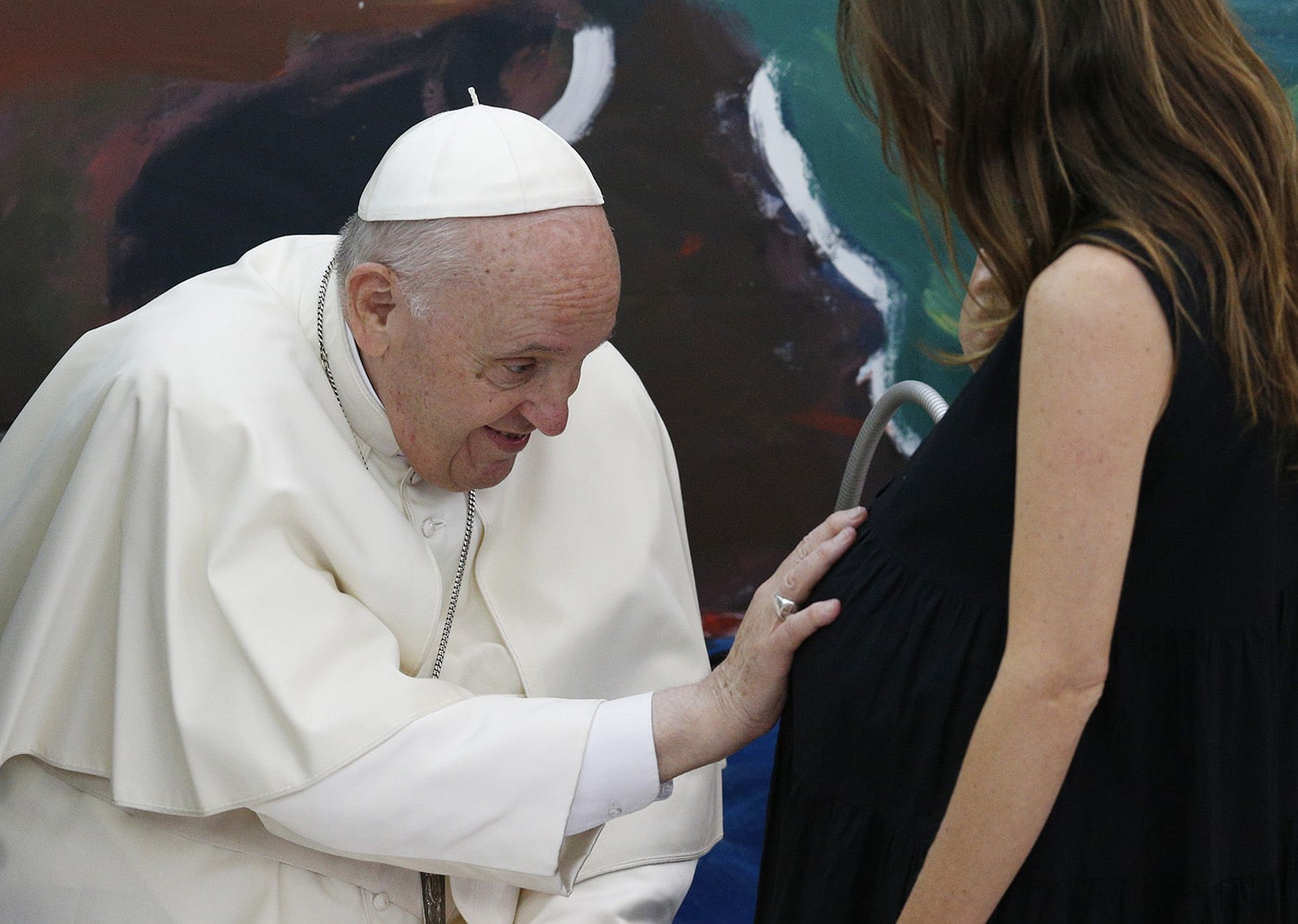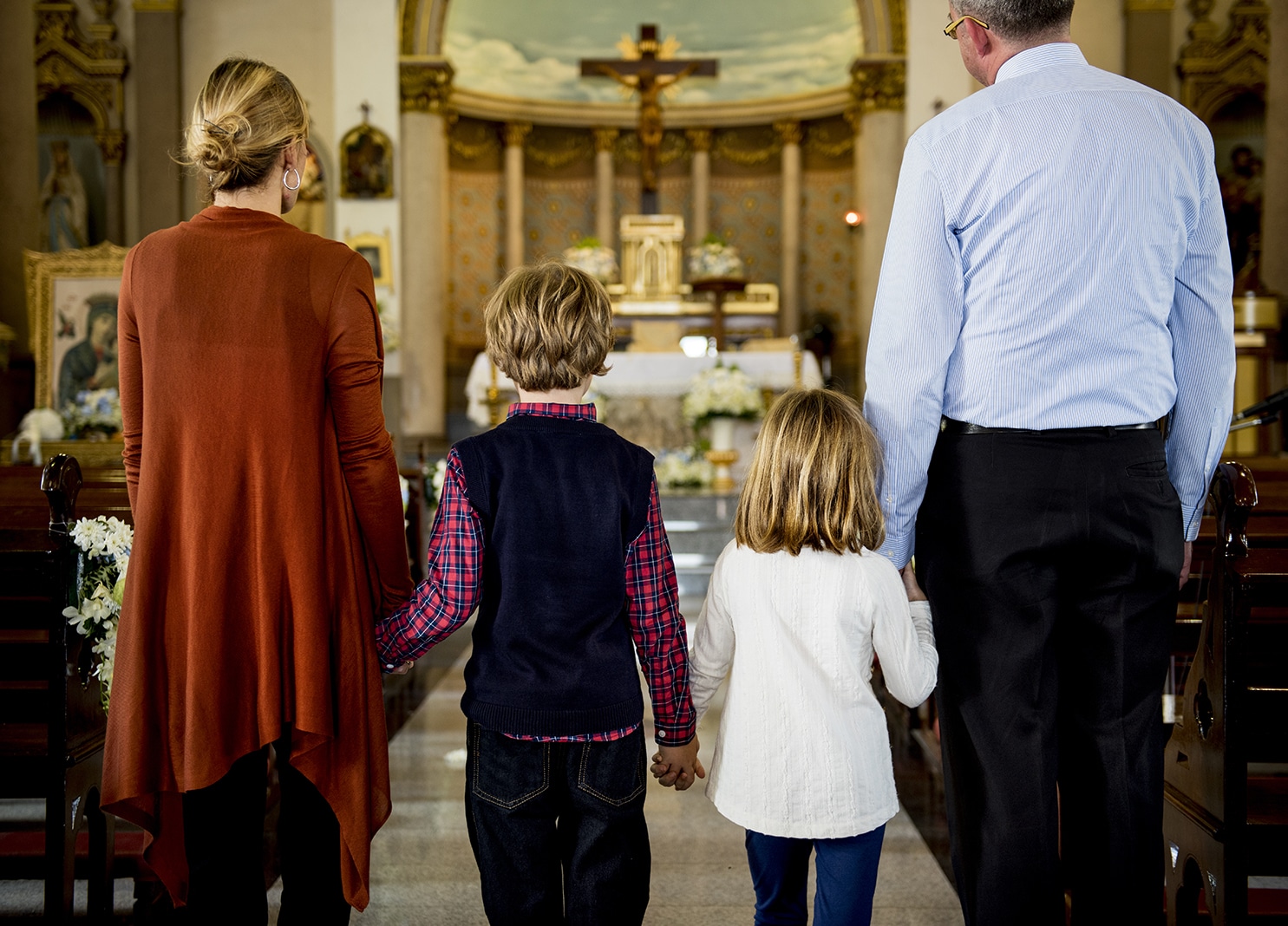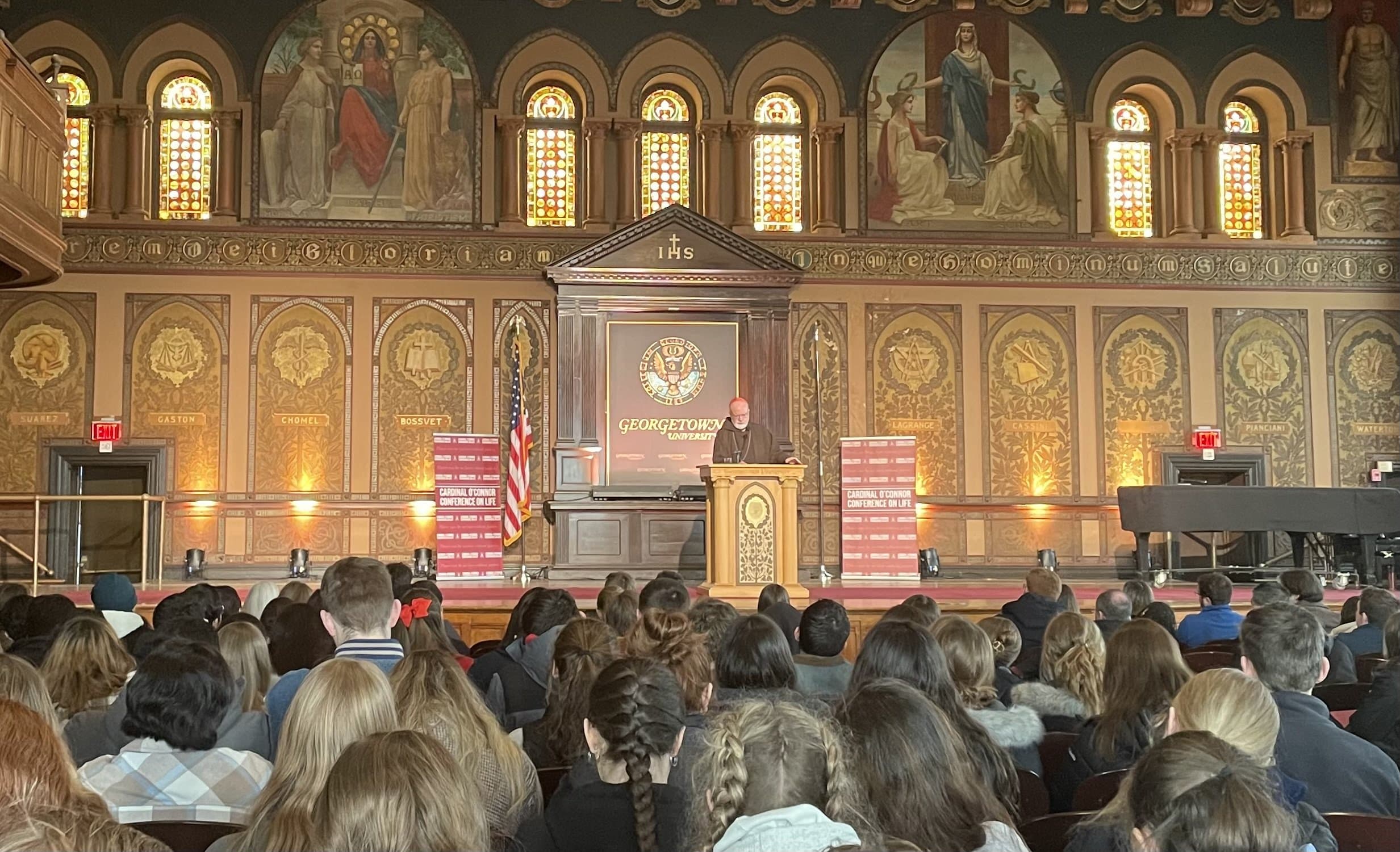“What do you want to be when you grow up?” is a question our young people frequently hear, and probably find annoying. No more so, however, than the adults who hear, “What are you doing to help them find their way?”
We could rephrase both questions to ask simply, “What can we do, together, to help our young people find their callings?”
From a Christian standpoint, perhaps no component of our baptismal mission is more important or urgent today than our duty to help young people discern their vocation in life. I don’t only mean possible vocations to the priesthood or religious life — though that’s always possible for some — I’m talking about something more than a job or occupation: a “calling.”
What we feel “called” toward depends upon what we value. Is it money? Let’s face it, worrying about having enough of it is what drives most people to work and some, sadly, to desperation. I’ve heard someone say, “I am working because my spouse loves money.” I’m inclined to suggest that it’s not the money that’s loved but the security and control it represents.
Money implies power, options and sometimes influence, but how many examples from history and personal experience do we need to teach us that money alone cannot buy happiness, friendship or stability? The more we have, the more we worry about losing.
So, if money is not the prime goal, then how can we help our children (or grandchild or godchild) find their callings?
Don’t let the world distract you
Asking them only presumes that they have an idea. It’s something like asking a child, what would you like to eat for dinner. Chances are they’ll demand something they like, rather than what they need. A true friend — as any parent should be — wants to lead their child to what is best for them, what will bring them to holiness, the state of existence that we aspire to in heaven. Godliness, in other words.
Godliness does not mean “other worldliness.” The saints never walked on clouds while they lived, nor were they exempt from the temptations known by every descendant of Adam and Eve. As the saying goes, “Every saint has a past, but every sinner has a future.” Saints are not born that way. Their road to holiness is the school of hard knocks, surrounded by the lures of the Evil One whose one intent is to turn them away from God and any awareness of God’s love for them.
The Scriptures are full of narratives showing human beings seduced by Satan and his minions away from the most fundamental truth about our humanity: that we are all made in the image and likeness of God and that God wants each and every one of us — without exception — to be saved, to be holy and to enjoy an eternity with God in heaven.
Toward this end, God has a call for each and every one of us — again, without exception — to follow a path in this world whose end is to “know love and serve God,” and to enjoy an eternity with God. But we must mindfully discern that call.
Jesus is our goal
For myself, I can say that the reason I became a priest was not primarily based on a passion to achieve something, but a conviction that this is what God was calling me to become. Back when I was ordained, it was fashionable for a new priest to display on his ordination card the phrase “ordained to serve.”
In a real sense, EVERY baptized person is a deacon, a person commissioned to serve God by serving others.
When I was in Mexico on a mission recently, a deacon related a wonderful story: a religious sister asked him, in Spanish, “¿Cuál es tu meta?” In English, “What is your goal?”
He responded with something like, “I want to serve. I want to be a priest. I want to celebrate the sacraments with God’s people.” All of these things are laudable and exactly what we want a priest to do.
The hermanita (“little sister”), however, had something else in mind. She shook her head, “¡NO!” Instead, she asserted, “¡Tu meta es Jesús!”
In English, “your goal is JESÚS!” How right she was.
What I know from personal experience, is that every human vocation is a call from God. It is never just a wish or a choice of an individual to be “ordained” or to “get married” or even to enter a profession or trade if it is truly to be called a vocation. It is a call from a source outside of oneself, outside of one’s own ego or desire.
Speaking of priesthood, my own calling, I must profess that it was only when I became convicted that the call was from God, and had little to do with my own particular competence, skills or desires, that I was able to take this impossible step forward and aspire to a life of complete trust in God that would include the sacrifice of my right to choose marriage and family or a more lucrative professional career.
People can serve God anywhere
Earlier in my life, I had thought to become a commercial pilot; in the course of my priesthood I was even admitted to the bar of the states of New York and Connecticut. These are not trophies I display. Though I am proud to be so affirmed, they have nothing to do with my ultimate goals or the reasons that I believe I am alive.
Mind you, I know many men and women in the legal and other professions who I am convinced are practicing as true ministers of God precisely through their service — many of them also people with families, who have raised children and formed them in the Faith with love and great sacrifice. God knows their love and service is something they offer daily as a prayer and fulfill not only a means to earn a living but of giving themselves fully to God and God’s people.
They are following God’s call.
For Christians, all that we do and become is oriented toward recognizing and responding to the calling that God has planned for each of us in this world. It is not about collecting merits for what we do or achieve; it’s about our commitment to hear the voice of God in our lives and to follow it.
This is exactly what the Christian faithful must seek to do as an essential part of their baptismal mission — to follow their own call while assisting others, particularly our young people, in discerning how and to what God is calling them.
Let us do all we can to build teams in our parishes, and on our campuses, who will work together to pray for, promote and accompany our young people as they seek to hear the voice of God and to follow that calling in their hearts.







